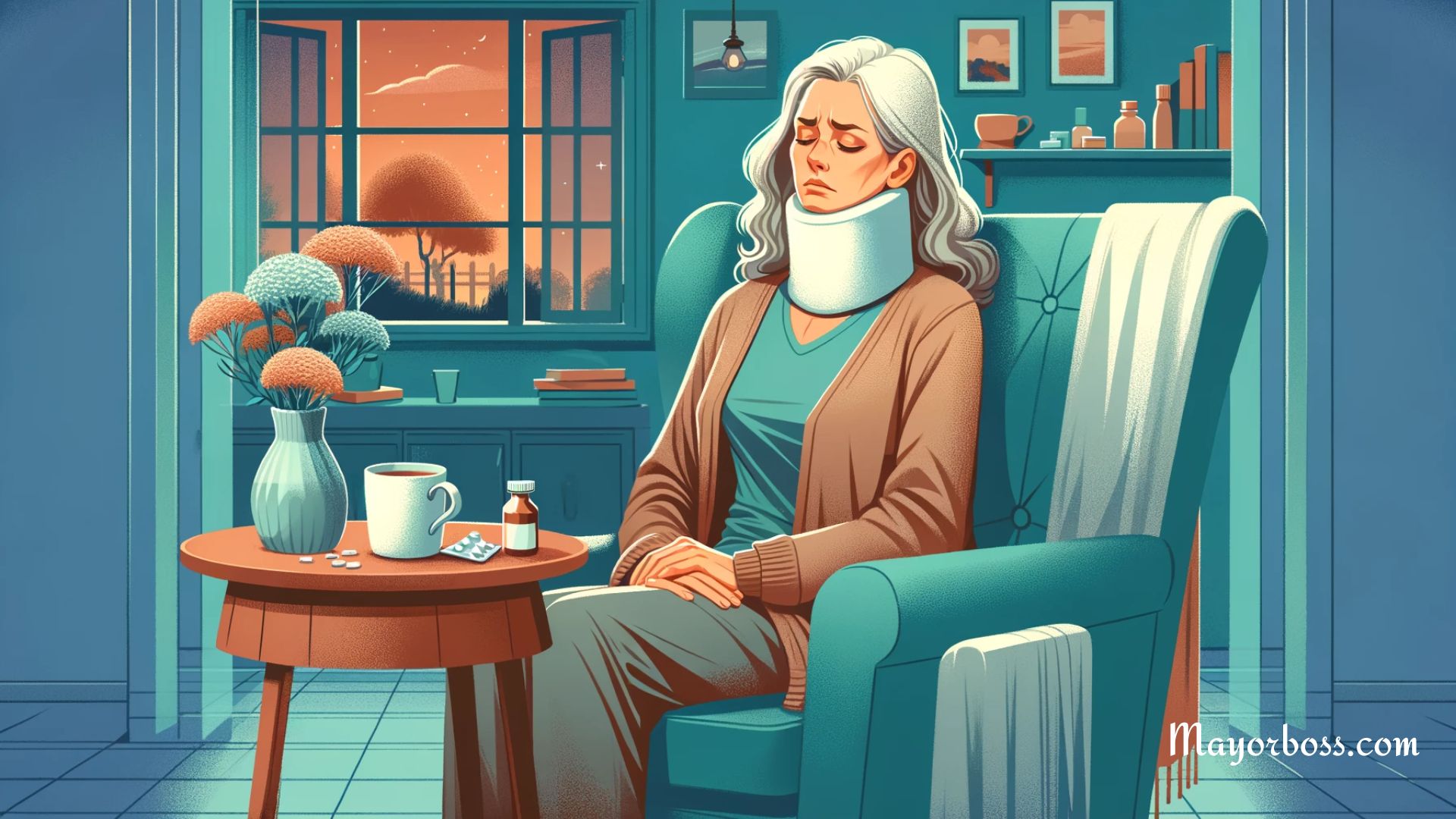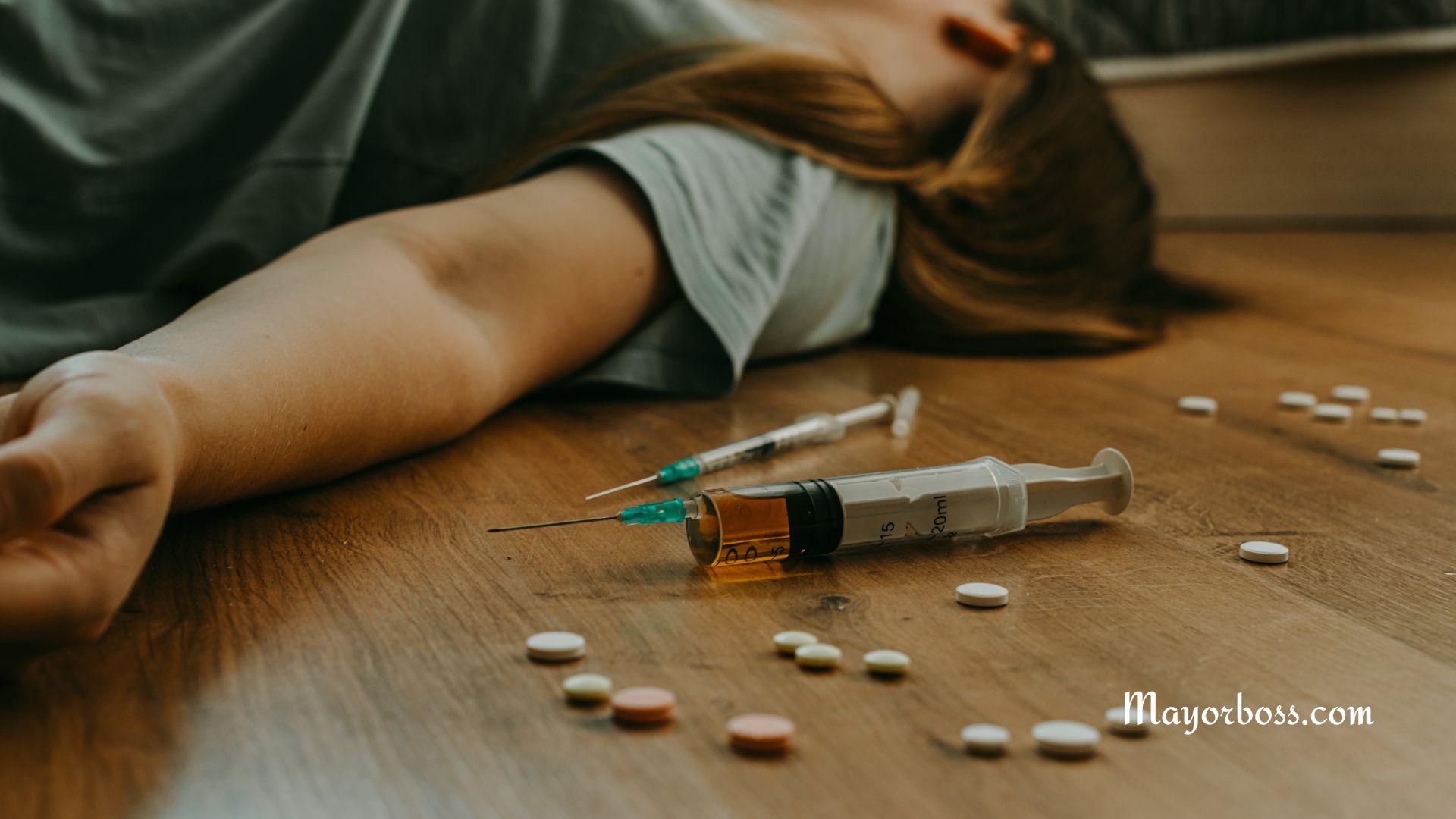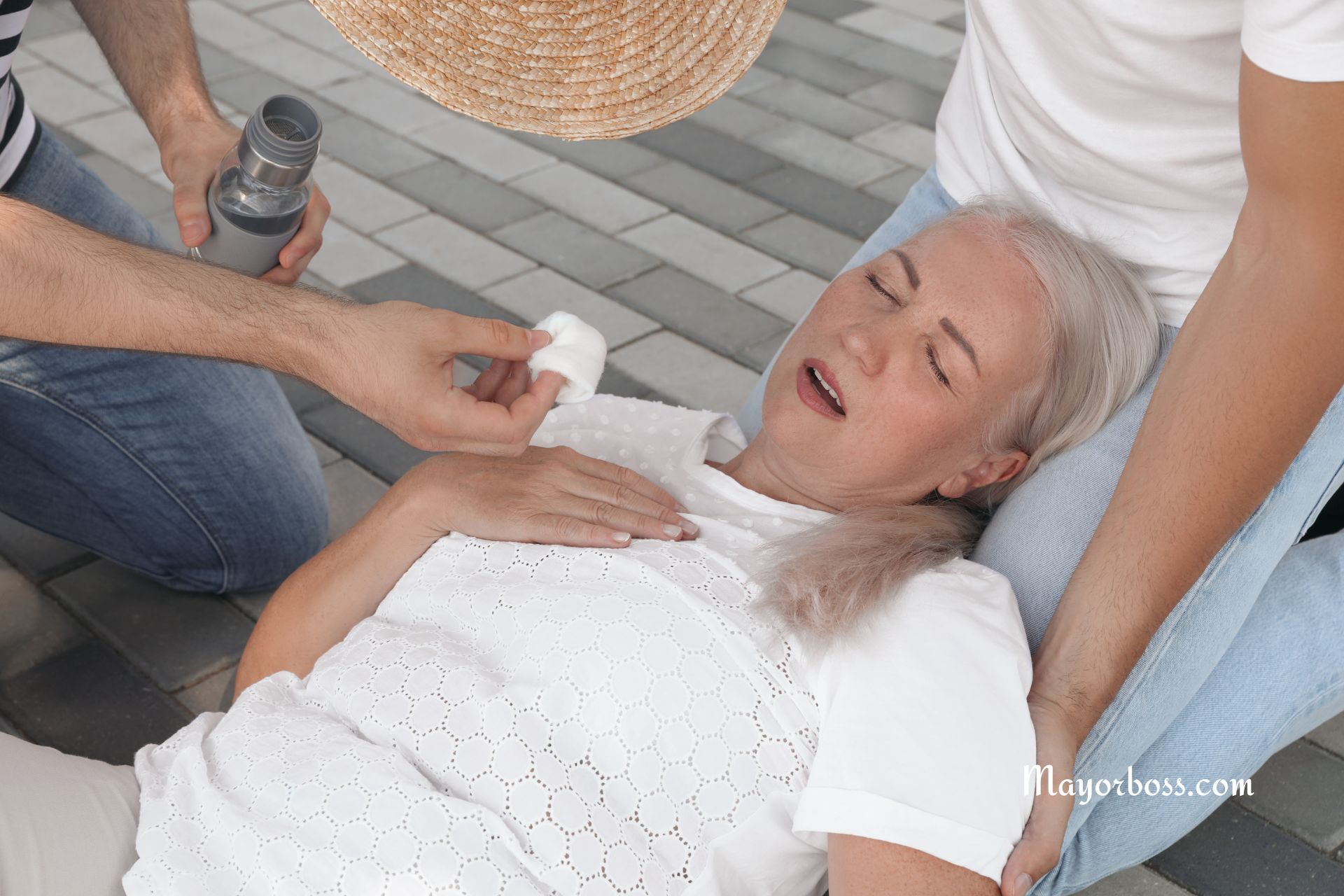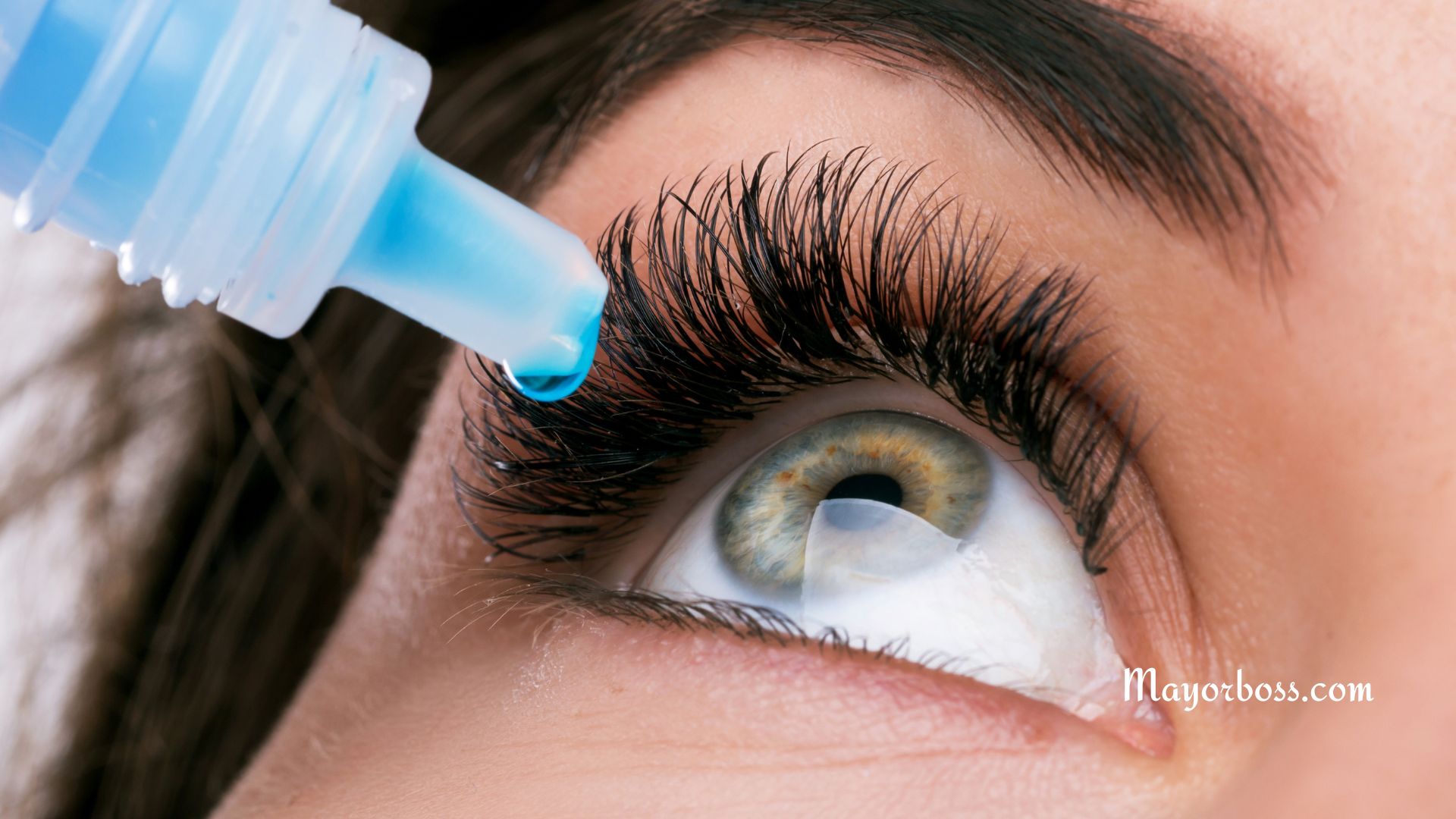Hallucination: What You Need to Know
Brief summary: Hallucinations are false or distorted sensory experiences that appear to be real. You may see, hear, feel, smell, or taste something that isn’t there. These experiences can be caused by mental health conditions, medication side effects, or substance abuse. The treatment for hallucinations often depends on what’s causing them. This could include therapy, medication, or lifestyle changes.
What is a Hallucination?
A hallucination is like a trick your brain plays on you. You might see a cat that isn’t there or hear a voice no one else can hear. It’s not just your imagination; your brain really believes these things are happening. It can be pretty confusing and sometimes scary.

Types of Hallucinations
Visual Hallucinations
Seeing things that aren’t there is what we call a visual hallucination. You might see shapes, lights, or people that no one else can see. This could happen for different reasons, such as a high fever, certain medications, or a mental health condition like schizophrenia.
Auditory Hallucinations
Hearing sounds or voices that no one else can hear is an auditory hallucination. Sometimes, these voices might even talk to you or tell you to do things. According to some experts, this is the most common type of hallucination for people with schizophrenia.
Tactile Hallucinations
Feeling something on your skin that isn’t really there is a tactile hallucination. It might feel like bugs are crawling on you or a gentle touch when no one is around. This can happen with certain drug use or withdrawal from them.
Smell and Taste Hallucinations
Smelling or tasting something that isn’t there can be pretty strange. It might be a pleasant smell like flowers or a nasty taste in your mouth. These types of hallucinations can happen if there’s something wrong with the part of your brain that handles smell and taste.
What Causes Hallucinations?
Mental Health Conditions
Certain mental health conditions, such as schizophrenia or bipolar disorder, might make you more likely to experience hallucinations. Therapy and medication can often help with these symptoms.
Medications and Drugs
Some medications or illegal drugs can cause hallucinations. If you’re taking a medicine that makes you see or hear things, you should talk to your doctor. They can help you figure out what’s going on and maybe change your medication.
Medical Conditions
Sometimes, a physical health problem like a high fever, head injury, Alzheimer’s disease, Parkinson’s disease, brain tumor, or epilepsy can cause hallucinations. If this happens, getting medical help quickly is very important.
Lack of Sleep or Extreme Stress
When you’re really tired or stressed out, your brain might not work as it usually does, and you could experience a hallucination.
Is It Normal to Hallucinate?
Occasional hallucinations, like hearing your name when nobody calls it, might happen to anyone. But if you experience hallucinations often, it’s vital to seek help, as it could be a sign of a more serious problem.
How Can You Get Help?
If you or someone you know is having hallucinations, it’s a good idea to talk to a doctor or mental health professional. They can figure out why it’s happening and help you get the right treatment. You don’t have to deal with it alone; there are people who can help you.
How Can You Help Someone Who’s Hallucinating?
If someone you know is hallucinating, try to stay calm. Reassure them that you’re there for them. If needed, reach out to a mental health professional. They can provide the right care and support.
Treatment
Therapy
Talking with a mental health professional can help you manage hallucinations. They can teach you ways to cope and help you understand why they are happening.
Medication
Sometimes, doctors prescribe medication such as olanzapine, ziprasidone, quetiapine, and amisulpride to help with hallucinations. The type of medication depends on what’s causing the hallucinations.
Lifestyle Changes
Eating well, sleeping enough, and avoiding substances that might cause hallucinations are ways you can help yourself. Sometimes, making these changes is all you need to feel better.
Support from Family and Friends
Your family and friends can be a big help too. They can support you and make sure you’re taking care of yourself.
Emergency Situations
If hallucinations are making you or someone else unsafe, it’s very important to get help right away. This might mean calling emergency services or going to the hospital.
Further Reading: 5 Signs of Psychosis You Shouldn’t Ignore






